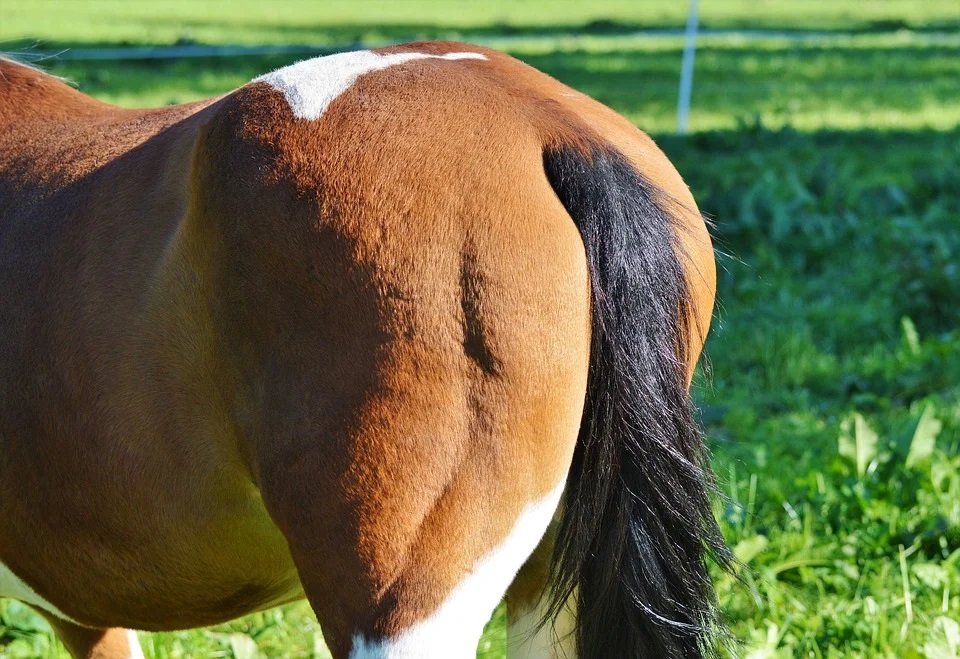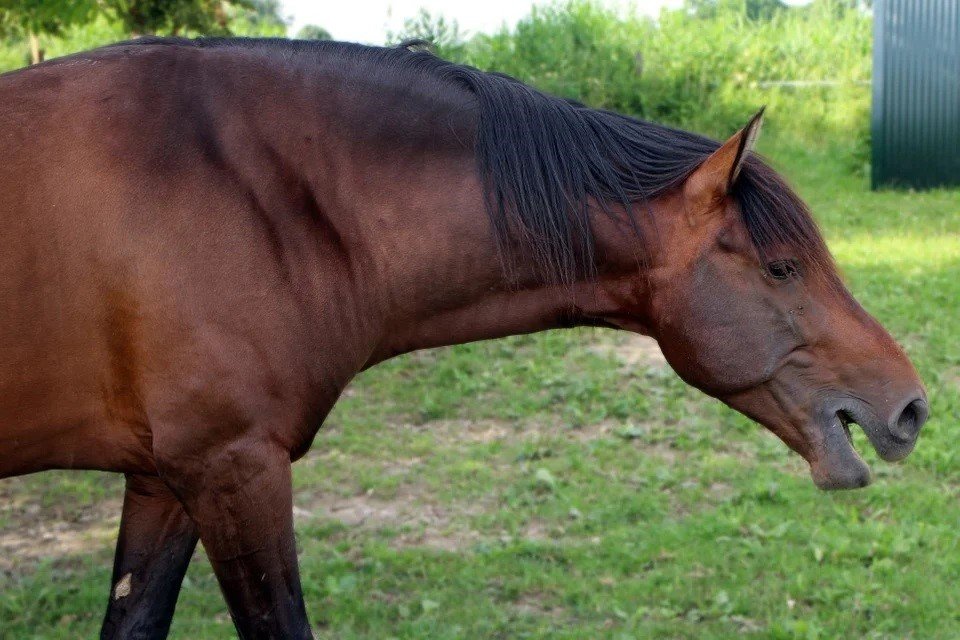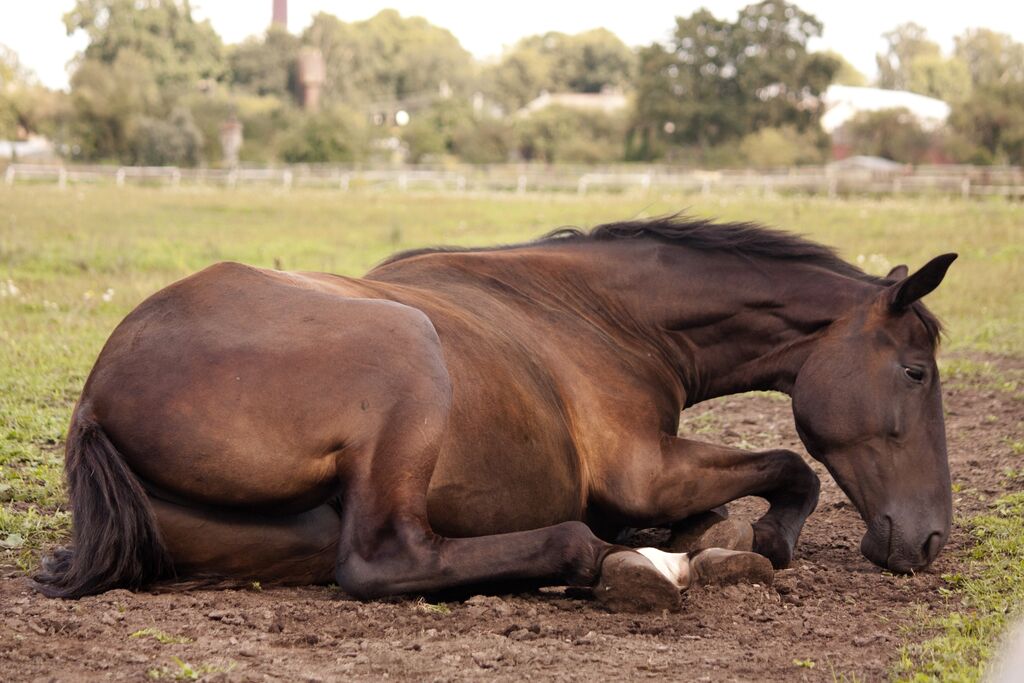Recognise
the signs:
Gut VS stomach
In practise, there is no 100% clear line between gut and stomach issues, because some of the symptoms do overlap. But there are a few very typical symptoms for stomach issues and other more gut related. It’s important to try to detect where the issue is located in order to take the right measures in (feeding)management.
Be aware that these signs are not present in all horses with digestive problems. Some horses show several and severe signs, while other show none or very mild signs.
Common gut symptoms
- Fecal water
- Diarrhea,
- Colics,
- Flatulence
- Bloated belly

Common stomach symptoms
The horse does suddenly not eat anymore, or a lot less than he used to
Spilling concentrate feed
Gritting teeth
Regular yawning
Moving teeth or lips often
Reacting painfully when touching the belly or while saddling
The horse displays changes in behaviour, such as being more nervous or aggressive
Expressing certain stereotypical behaviours such as crib-biting or wind sucking
Vague colic complaints, especially immediately after eating concentrate feed
Does not properly keep up with the training

Gereral symptoms for digestive issues
- Changing manure quality, for example diarrhea or dry manure
- Colic
- Dull coat
- Weight loss
- Constipation, not excreting manure
- Gas accumulation within the GIT, showing as a bloated belly
- The horse has a tensed belly
- The horse farts a lot and the belly produces unusual noises
- In severe cases metabolic problems may arise, such as EMS or laminitis for example
- Behavioural changes


Health tip!
It can be wise to consult your vet if you suspect gastric problems in your horse.